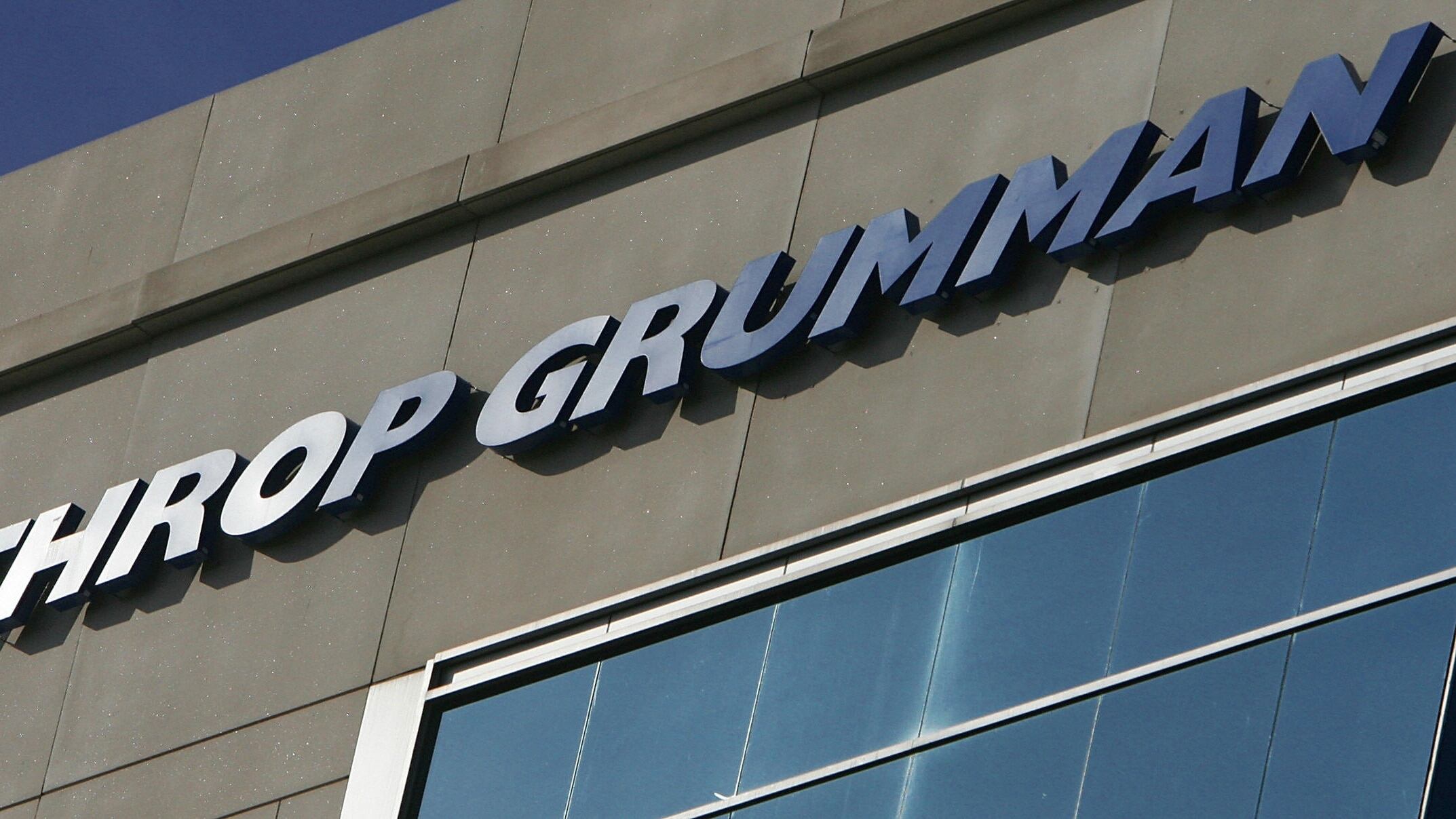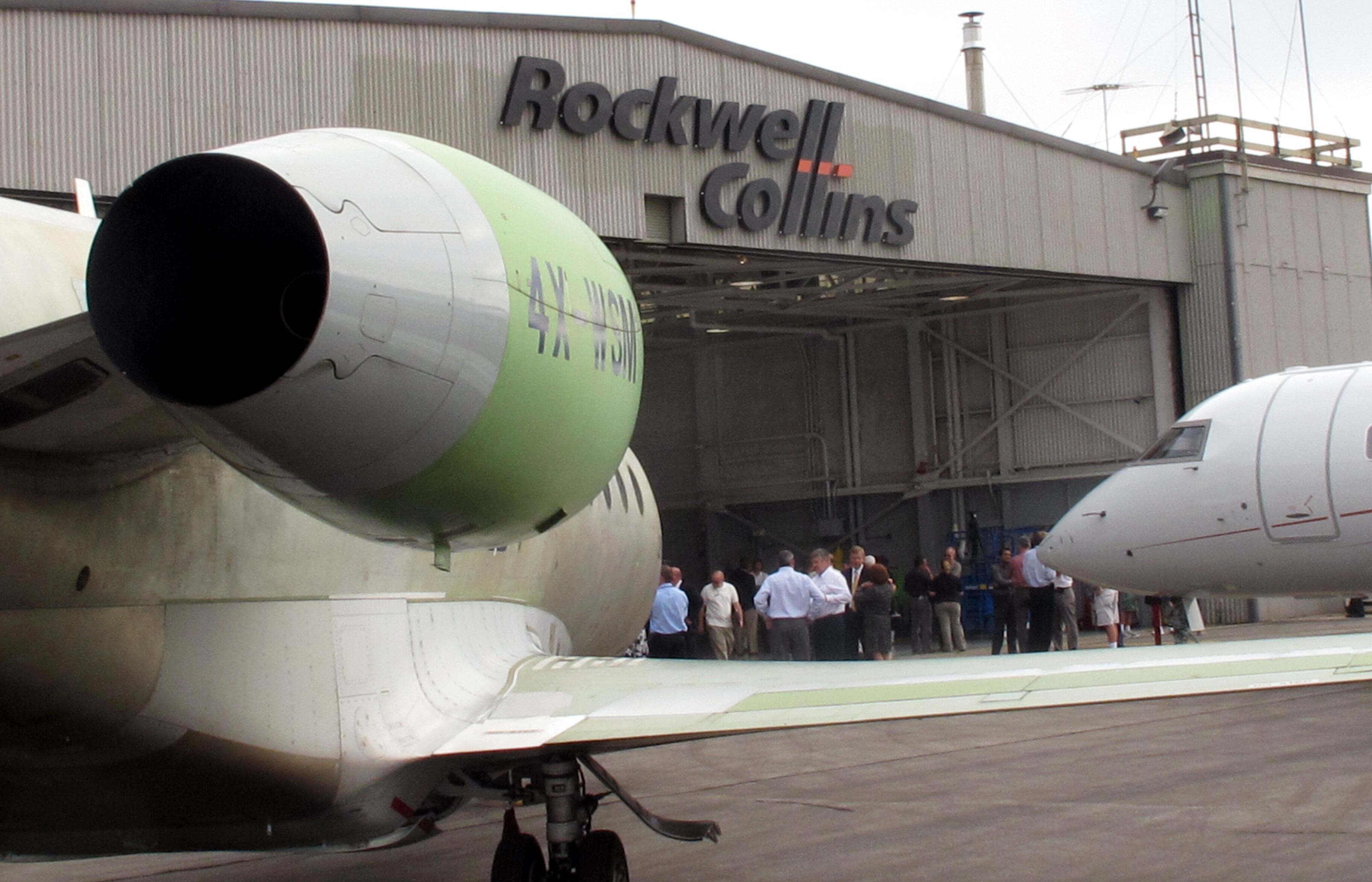WASHINGTON — Boeing has reached an agreement to buy Aurora Flight Sciences Corp., marking the third major defense acquisition since the beginning of September.
Aurora, which specializes in autonomy, advanced flight control systems and unmanned aircraft, is a natural fit for Boeing, which will be able to profit off the smaller company’s expertise in both its commercial and defense business, Greg Hyslop, Boeing’s chief technology officer, told reporters Oct. 5.
For Aurora, the acquisition represents an opportunity to take its research and development and “get it out into the world market,” said John Langford, Aurora‘s founder and CEO.
RELATED

The companies chose not to reveal the terms of the deal such as the purchase price of Aurora, which is not a publicly traded company.
Over the past decade, Boeing’s defense side has lost major combat aviation contests — most notably the Joint Strike Fighter and bomber contracts — and thus has prioritized the modernization and sustainment of its legacy products. The acquisition of a small, dynamic company like Aurora might be what Boeing needs to inject some much-needed innovation, said Richard Aboulafia, an aerospace analyst with the Teal Group.
“It makes a lot of sense to me because this is a company that embodies innovation, and big, established blue chip companies with a heavy reliance on legacy products often neglect innovation. Both on the defense side and the civil side, Aurora is one of the most innovative companies out there,” he said.
Aurora, which is headquartered in Manassas, Va., and employs about 550 people, has designed and flown more than 30 unmanned aerial vehicles since the company was founded in 1989. It’s also established expertise in fields like electronic propulsion and composite structures, and has on occasion snatched Defense Department contracts away from Boeing.
Once the acquisition is finalized, Aurora will operate as an independent subsidiary of Boeing — known known as Aurora Flight Sciences, A Boeing Company — rather than being merged into the company’s other business units.
"We want Aurora to stay Aurora, but be part of Boeing. So John and his team will report to me, and that's a little different model than we've done in prior acquisitions,” said Hyslop.
That, Aboulafia said, will be critical for maintaining Aurora’s independence and company culture, while also keeping its overhead separate from Boeing’s other operations.
The acquisition of Aurora might also boost the capabilities of Boeing’s Phantom Works division, which pioneers advanced technologies, Aboulafia said.
RELATED

Historically, Phantom Works has been more focused on virtually building concepts and designs than its main competitor, Lockheed Martin’s Skunk Works, which is more associated with building physical prototypes. “But by owning a property like Aurora, you have both design teams and facilities that can innovate and build complex new systems,” he added.
Boeing’s announced purchase of Aurora follows two other major mergers proposed last month. On Sept. 5, United Technologies Corporation finalized a deal to purchase Rockwell Collins. That alliance would result in a company capable of producing almost every system that goes into an aircraft, giving UTC a leg up in the aftermarket.
[United Technologies cements $30B deal to buy Rockwell Collins]
Northrop Grumman on Sept. 17 announced its purchase of Orbital ATK, which analysts said would help strengthen Northrop in space and missiles.
Aboulafia said this merger and acquisition trend is likely to continue.
“This is a remarkable concentration of M&A activity,” he said. “You can put it under the broad heading of reacting to market change or reacting to change to industry dynamics, a lot of cash in people’s pockets — that’s probably the biggest [factor] — and they’ve got an administration that’s probably quite M&A-friendly.”
Valerie Insinna is Defense News' air warfare reporter. She previously worked the Navy/congressional beats for Defense Daily, which followed almost three years as a staff writer for National Defense Magazine. Prior to that, she worked as an editorial assistant for the Tokyo Shimbun’s Washington bureau.








